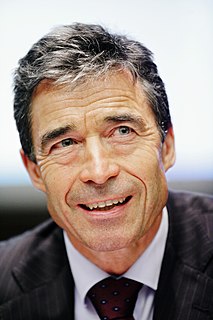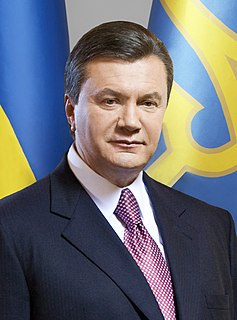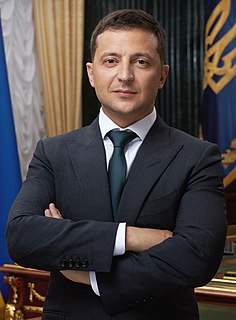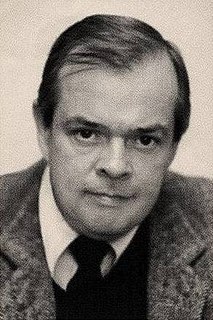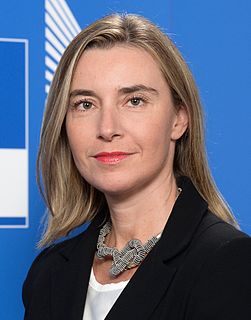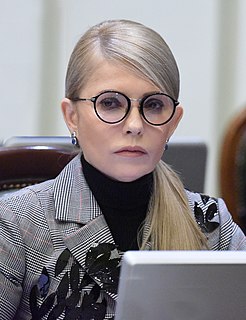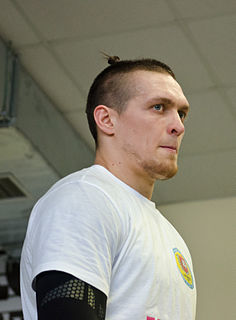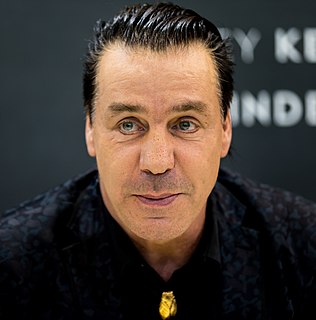A Quote by Petro Poroshenko
End of the war would be when the Russian occupation troops leave Ukrainian territory and we close the uncontrolled part of the Russian-Ukrainian border.
Related Quotes
The nationalists' coup in the Ukrainian capital of Kiev in February 2014 has hugely scared 2.5 million Russian people living on Crimea. So what did we do? We have not gone to war, we have not fired, not a single person was killed. Our soldiers have merely prevented the Ukrainian troops on Crimea from impeding the freedom of expression of the people.
Some of [Donald Trump] comments can be interpreted as potentially reducing the threat of nuclear war. The major threat right now is right on the Russian border. Notice, not the Mexican border, the Russian border. And it's serious. He has made various statements moving towards reducing the tensions, accommodating Russian concerns and so on.
I always lived in a multilingual society (Polish-Ukrainian, German-Ukrainian, English-Ukrainian), and was open to outside linguistic influences. I think it was within three years of coming to the US that I started writing in English, although purely for myself, not trying to get it published. Living in America, I was constantly in touch with English, and Ukrainian was for me a private language.
I remain convinced that for Stalin to have complete centralized power in his hands, he found it necessary to physically destroy the second-largest Soviet republic, meaning the annihilation of the Ukrainian peasantry, Ukrainian intelligentsia, Ukrainian language, and history as understood by the people; to do away with Ukraine and things Ukrainian as such. The calculation was very simple, very primitive: no people, therefore, no separate country, and thus no problem. Such a policy is Genocide in the classic sense of the word.
The attitude of the West and of Russia towards a crisis like Ukraine is diametrically different. The West is trying to establish the legality of any established border. For Russia, Ukraine is part of the Russian patrimony. A Russian state was created around Kiev about 1,200 years ago. Ukraine itself has been part of Russia for 500 years, and I would say most Russians consider it part of Russian patrimony. The ideal solution would be to have a Ukraine like Finland or Austria that can be a bridge between these two rather than an outpost.

